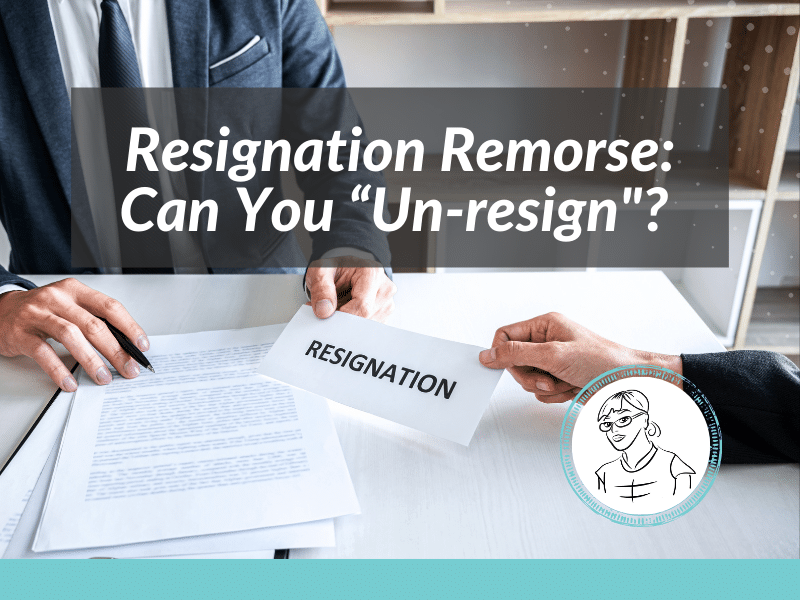An employee sent a resignation email in the early hours of the morning. The employer accepted it. Later, the employee tried to withdraw his resignation, claiming he had been suffering from paranoid delusions at the time.
When the employer refused to let him retract it, the employee lodged an Unfair Dismissal claim with the Fair Work Commission.
The FWC wasn’t convinced that the employer knew – or reasonably should have known – about the employee’s mental health issues when it accepted the resignation. In other words, there was no clear reason for the employer to doubt that the resignation was genuine.
The FWC stated that “The mere fact that a person resigns in circumstances of heightened tensions or strong emotions will not turn a rash or imprudent decision made by an employee into a dismissal at the initiative of the employer.”
Take Out Point: Resignations don’t come with a cooling-off period. If an employee wants to take a resignation back, they’ll need to show that the employer reasonably should have questioned whether they truly meant to resign. Otherwise, the resignation is likely to stick.
See: David Gourlay v Sydney International Container Terminals Pty Limited (U2024/12357)

